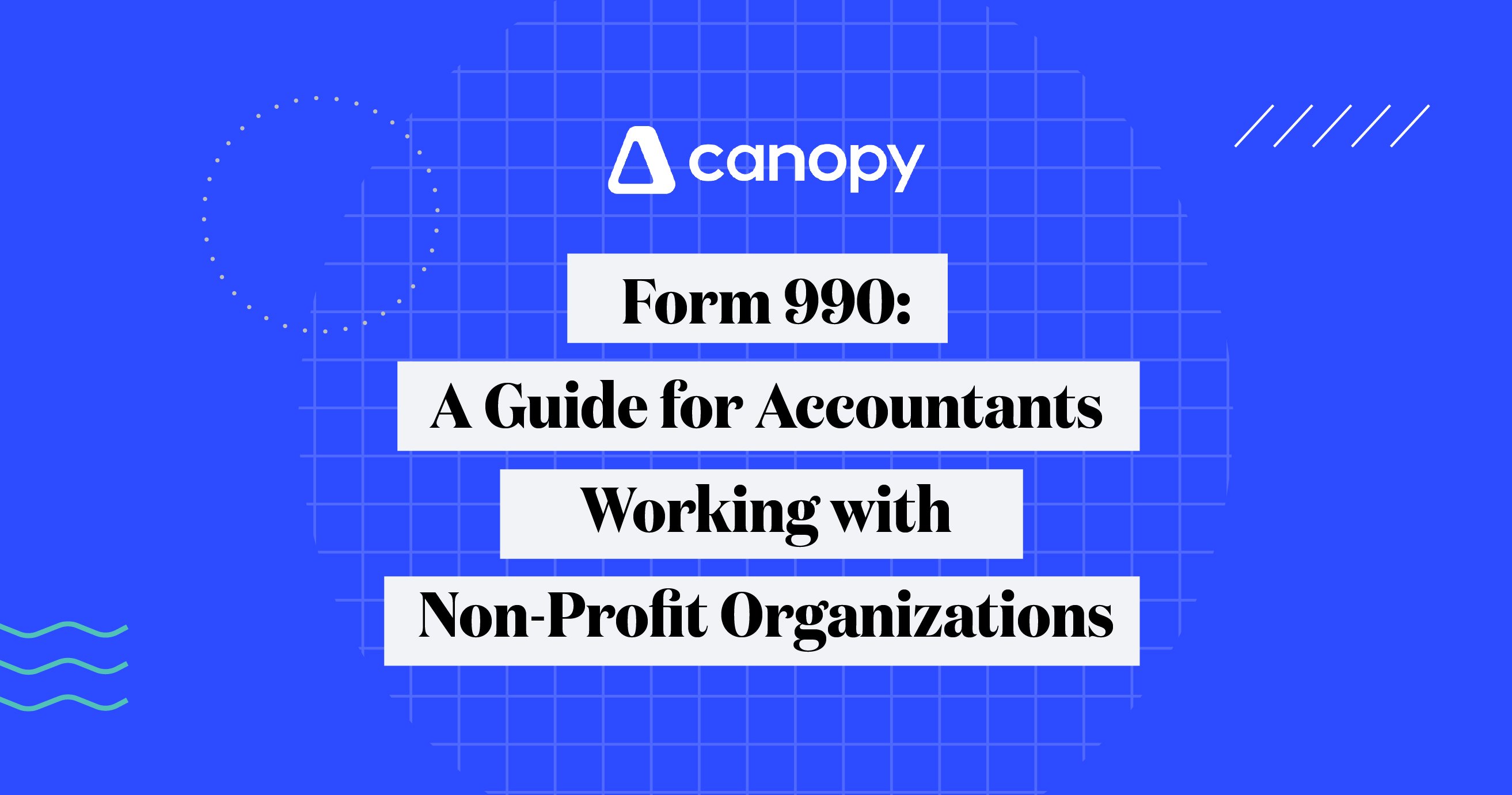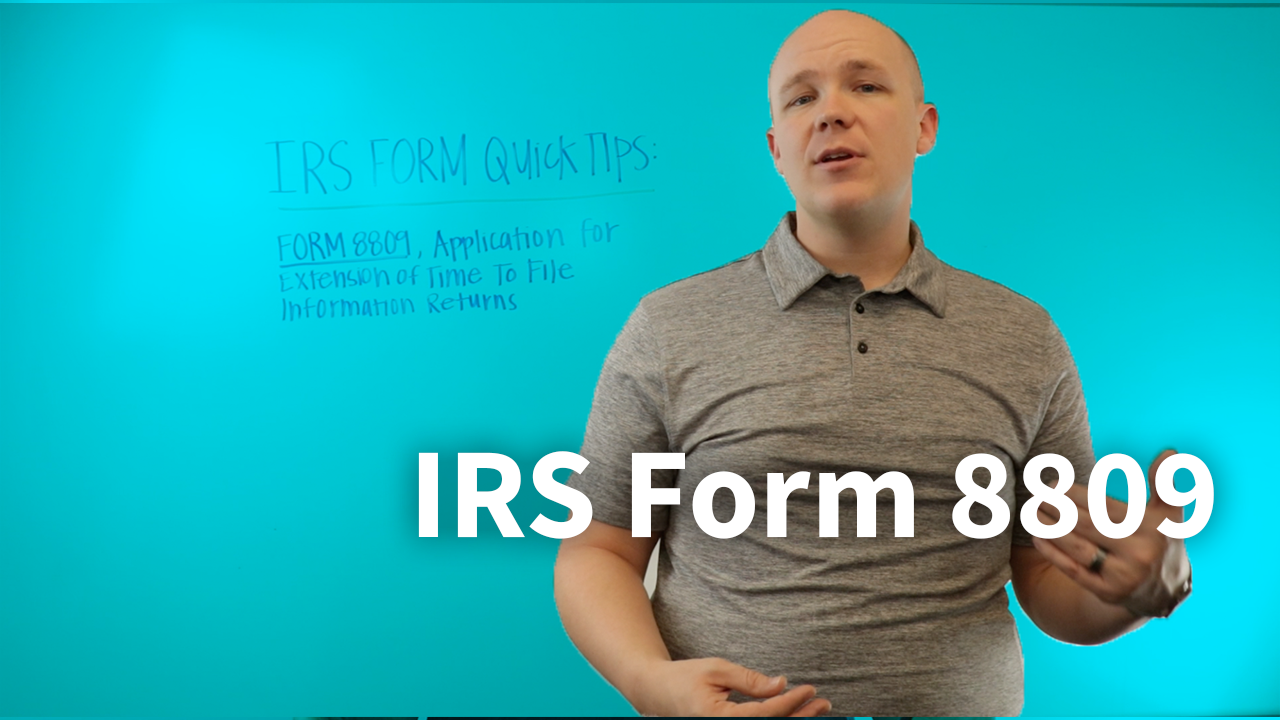There are many interesting changes in business taxation for the 2023 season! Since tax planning for businesses is an important part of our practice, there are several things we need to be aware of.
One of the most surprising and far-reaching new developments is the Corporate Transparency Act (CTA) of 2019. The main purpose of the CTA is to protect the United States financial system from being used by bad actors, specifically in the area of money laundering. Such people have often hidden their identities through state-created entities such as LLCs, limited liability partnerships, business trusts, and others. The CTA requires entities to file information on the company itself, as well as any beneficial owners (very broadly defined) with the Department of Treasury’s Financial Crimes Enforcement Network (FinCEN). The information will be kept in a database hidden from public scrutiny, but available to government enforcement agencies.
FinCEN has issued the final rules implementing the reporting requirements of the CTA, detailing who must file and what information must be provided. Unlike most of our tax laws, the CTA is specifically looking for the “little” guys, not the big guys who are already under some form of government surveillance. Not only will almost all of our business clients be affected by this, but our small businesses will also need to file with FinCEN as well. The penalties for non-compliance are unusually stiff, so we need to provide our clients with information on how to comply with the CTA throughout the 2024 calendar year.
Another upcoming change is bonus depreciation. We’ve all gotten so accustomed to 100% bonus depreciation that we may have forgotten that it’s dropping down to 80% in 2023, then 60% in 2024, and so on. It might be a good idea to tell our clients to buy that business equipment sooner rather than later.
Form 7203 and Schedules K-2 and K3 have made our S Corporation and partnership tax returns more complex than ever before. If a shareholder has an S Corporation loss, received a non-dividend distribution from that S Corporation, received repayment on a loan to that S Corporation, or sold some S Corporation stock, then Form 7203 must be filed with a shareholder’s 1040 Form. And if you’re thinking that this covers pretty much every shareholder, that’s exactly right.
Schedules K-2 and K-3 got a bit of a brush-off, with tax preparers thinking if their partnerships didn’t have any foreign activity, they didn’t need to worry about it. Not so – if a partner might file Form 1116 to take advantage of a foreign tax credit reported on a payee statement (such as a 1099-B), then the partnership has a requirement to provide K-3 information to that partner. Remember that K-2 is an extension of Schedule K, while K-3 is an extension of K-1. Also, if there is no foreign activity on the part of the partnership, filling out Schedules K-2 and K-3 isn’t nearly as awful as it looks.
Cannabis legislation is on the horizon. The House and Senate have different versions of what this legislation would look like, but the ultimate goal of both groups is to legalize cannabis on a federal level, allowing cannabis businesses to take deductions against income and utilize services such as those provided by the Small Business Administration.
All in all, tax laws are undergoing some fundamental shifts this coming year. As always, there’s never a dull moment in the tax office!
Take our CPE course to learn more about the business tax updates for the 2023 tax season!








Get Our Latest Updates and News by Subscribing.
Join our email list for offers, and industry leading articles and content.